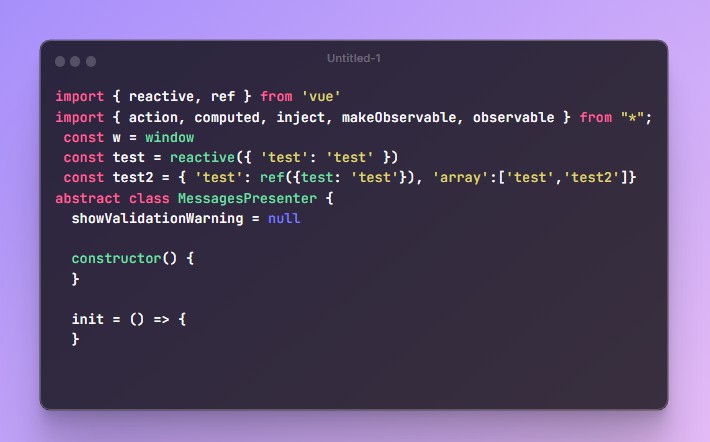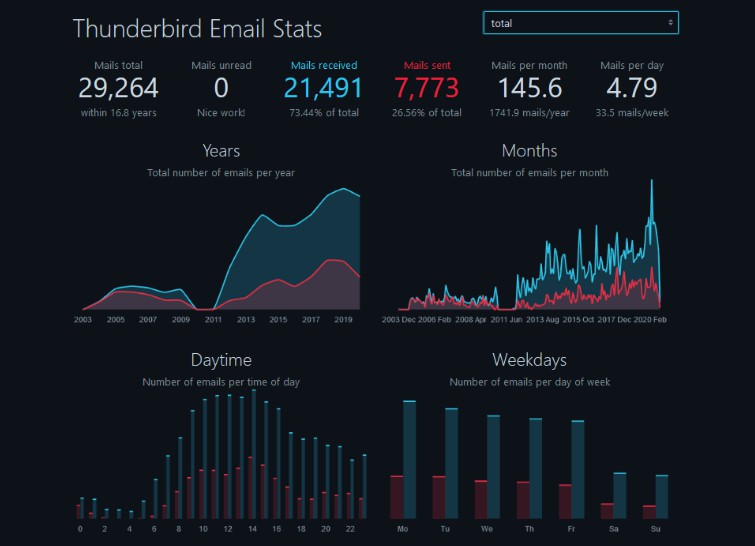vue-shared
vue-shared is a tiny (~150 lines) vue plugin for shared state management, that can be used as an alternative to Vuex.
It adds a new vue option shared where the user assigns simple javascript objects, that will be patched to be made reactive, and will be shared with descendent components. These shared instances are injected using vue's provide/inject mechanism.
Shared objects
A shared object is a simple javascript object, with properties, methods and getters; vue-shared doesn't require any dependencies. This plugin will transform the supplied instance such as:
- Data properties (referenced variables/objects) are moved to the hosting Vue Component (and become reactive). These variables are accessible to child components but are meant to be readonly (an error is logged when a child modifies it).
- Getters are turned into computed
- Methods are meant to be the only way to apply mutations, and are patched as well (in order to bypass the mutation protection).
Usage
-
Install vue-shared
npm i vue-shared -
Define a simple class holding shared states
//a user to be shared
class User
{
constructor(firstName, lastName) {
//some reactive data
this.firstName = firstName;
this.lastName = lastName;
}
//computed
get fullName(){
return this.firstName + ' ' + this.lastName
}
//a mutation method
updateFirstName(firstName)
{
this.firstName = firstName;
}
}
- import vue-shared and assign a shared instance to a Vue instance.
import Vue from 'vue'
import VueShared from 'vue-shared'
Vue.use(VueShared);
new Vue({
el: "#app",
shared:{
$user: new User('john', 'doe') //can be either an instance or function returning the instance.
}
});
- Inject the shared instance to a child component
Vue.component('user-name', {
inject: [ '$user' ],
template: '<span>{{ $user.fullName }}</span>'
})
Handling asynchronous mutations
vue-shared is using a watcher, listening to modifications and logs an error when a mutation hasn't been made from a method of the shared object itself.
When a mutation is asynchronous, it is needed to restore the CallContext in order to bypass the protection mechanism.
This is done using the only 2 functions exposed: currentContext and withinContext
//a user to be shared
class User
{
constructor(firstName, lastName) {
//some reactive data
this.firstName = firstName;
this.lastName = lastName;
}
//asynchronous mutation
updateUsername(){
//retrieve current context before async call
let ctx = VueShared.currentContext();
//async call
setTimeout(() =>{
//reuse the context
VueShared.withinContext(ctx, () =>{
// apply mutations here
this.firstName = 'John';
this.lastName = 'Doe';
});
}, 2000);
}
Shared object Initialization
If a shared object defines a function mounted, this function will be called when the hosting Vue instance is mounted.





